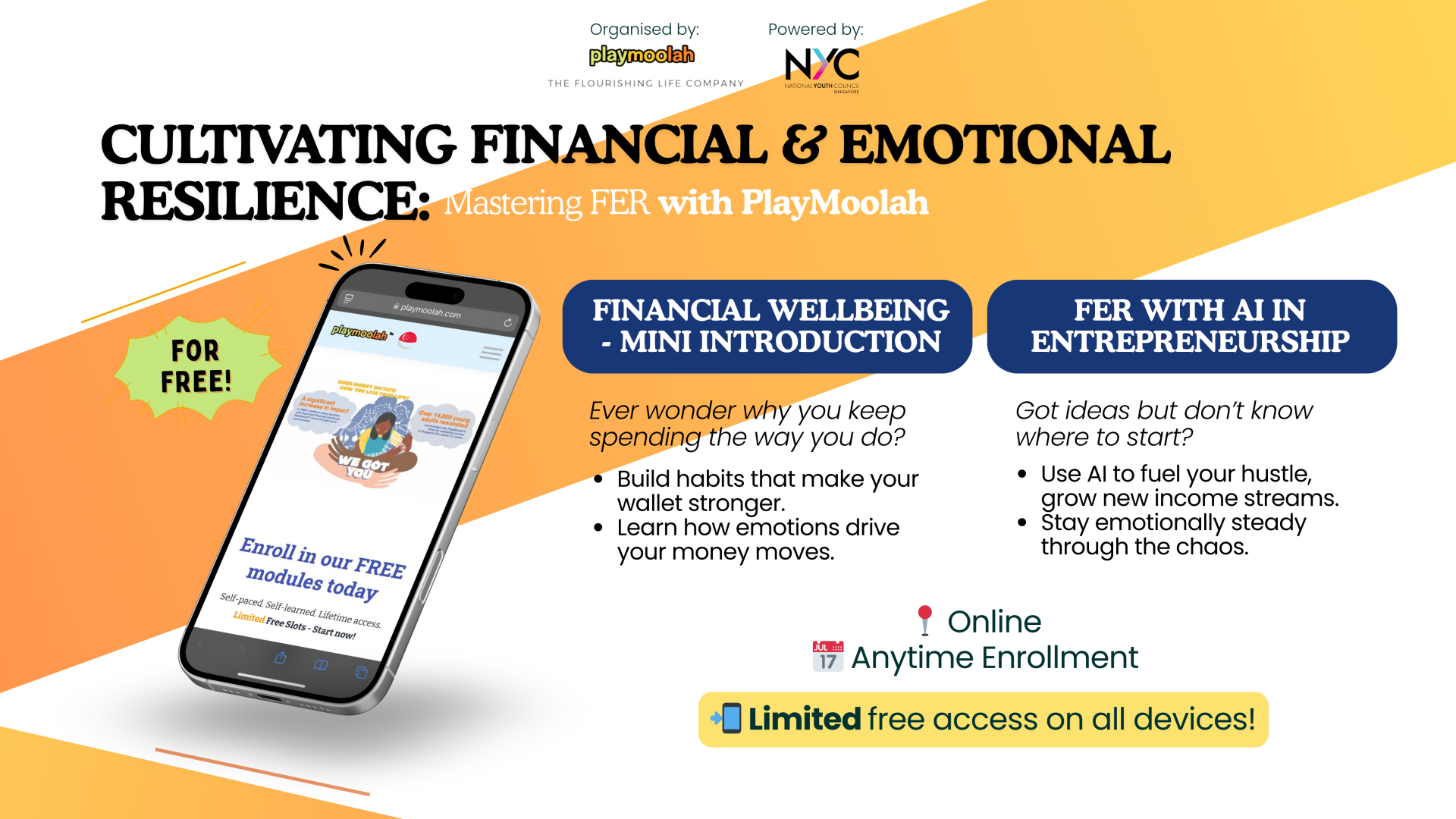Money permeates into each and almost every other aspect of our lives. How do we live if we do not have enough money? We’d often ask ourselves.
Isn't it amazing that this currency we know to be money binds the entire world's exchange of goods and services across countries, industries, cultures, wants and even our intentions? What implications does this unified currency have in our lives? If we paused to think for a moment, we can but imagine the magnitude of how much money seeps into each decision that we’ve made, have made and are about to make.
At times, we compare ourselves with what we see on the outsides of people we know, don't know and perhaps have never even met. If we listen to the words that we speak to our children, spouses, family and friends, do we realize that our words are sometimes laden with words of comparisons or harsh judgments of what we think one ought to be or not to be?
We often feel inadequate with the weight of the responsibilities on our shoulders in caring for our own future, let alone the future of our parents and siblings. It is never enough we'd say to ourselves. We begin to judge ourselves unfairly for what we are not, without realizing that we are sufficient in so many ways for the intangible gifts, talents, and skills for the very people we are. We focus on what we don’t have, without realizing that the pot of gold at the end of the rainbow is already within us.
I was exposed to what true humanity meant despite differences in language and culture. I had the privilege of learning from a group of primary age children who did not enjoy formal access to school one summer. When asked what the children did with the money they had ‘earned’ from begging on the streets, hands shot up and in their native language words were hurled to the front of the class. I held my breath as their teacher translated each word. “Candies! Crackers!” – were the immediate answer I got in their excitement. We mapped out how much they would otherwise save if they didn’t buy the candies, as we did so, we realized together that candies were at the opportunity cost of rice, which could have fed the whole family for one meal!
I did not think too much of the lesson initially, but upon reflection, it left such a huge impact on me as I ruminated on the motivations of the children in Indonesia. They mirrored the similarity of the fundamental motivation of any child in any part of the world, Africa, Singapore, US, you name it! Candies how different can we be? We were children too and we know that same feeling of wanting that candy! Humanity is indeed bonded in our very human desires and even down to the simplest of motivations.
Before we even begin to judge ourselves, our peers, our loved ones of not having enough or being enough, let's pause for a moment to realize that our human desires to be loved, accepted, respected, free, connected with others are essentially the same as that of our neighbours. We aren't very different from each other really. Perhaps it is also in realizing that we are sufficient, what we have - is sufficient, that surely the abundance in our world is sufficient not only for ourselves, our loved ones, our communities but truly for the rest of the world if we begin to move it around.
